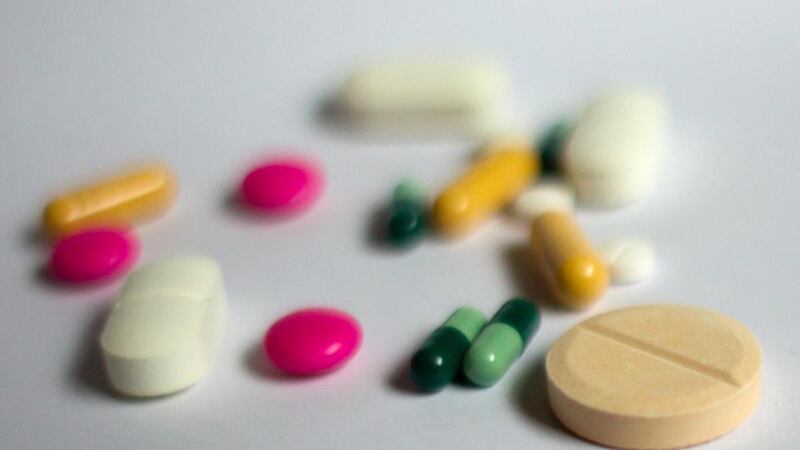An increasing pill-popping culture across the UAE could have stark consequences for the country as resistance to antibiotics rises, experts have warned.
An overdependence on prescription drugs can render medicines ineffective against bacteria, making it harder for patients to fight infection.
The global issue is causing health professionals significant concern with some calling the problem the greatest threat to human health.
Research from the UAE’s own Antimicrobial Surveillance Programme, set up to address the question, also points to an over reliance.
“Although we don’t have statistics on the overuse [of antibiotics], statistics exist on the rising resistance trends published by the Antimicrobial Surveillance Programme,” said Lamia Omer Yahya, a clinical pharmacist at the Corniche Hospital, the country's largest maternity hospital.
“The risk increases with prolonged and repeated exposure. Hence this exposure should be limited to occasions when the need is genuine, such as when serious bacterial infection is evident.”
Pharmacies across the country have been told by the heath ministry to only sell antibiotics to customers with a prescription, but it remains common to find them sold freely over the counter.
Doctors are also concerned at how few people understand that antibiotics should be taken for illnesses caused by bacteria, not viral infections.
Numerous studies have shown that antibiotics can weaken the body’s immune system’s ability to fight infection, and could be implicated in the development of autoimmune diseases.
But prescription drugs such as Penicillin - the world's first antibiotic discovered by Scottish researcher Sir Alexander Fleming in 1928 - have saved millions of lives.
And if they are no longer effective, medics fear patients would become more at risk from serious infections through something as seemingly innocuous as a small scratch.
A report on the scale of the problem, conducted in 2014 by the economist Jim O’Neill, suggested current annual death rates caused by antimicrobial resistant infections could be as high as 700,000, and may rise to 10 million by the year 2050 if nothing is done.
________________________
Read more:
Everything you need to know about antibiotics
Pill popping health students unaware of dangers of antibiotic misuse
Pharmacies are still handing out antibiotics
Youngsters risk addiction by self-medicating with over-the-counter drugs
World Government Summit: Protecting gut bacteria could reduce need for antibiotics
________________________
The UAE’s Antimicrobial Surveillance Programme, run by the Department of Health of the Emirate of Abu Dhabi, was first established in 2011 and now collects data from almost 50 hospitals across the country.
The Corniche Hospital in the capital also set up its own antimicrobial stewardship programme in 2017.
Earlier this year, the UAE government issued circulars to all doctors operating in the Emirates urging them to curb the overprescription of antibiotics.
“We believe that all health facilities, including private pharmacies, should abide by the Department of Health’s mandate of dispensing antibiotics only upon prescription from physician,” said Ms Yahya.
“On the other hand, physicians are advised not to prescribe antibiotics unnecessarily to treat cold and flu for example.
“We believe that healthcare professionals are often pressured by patients to prescribe antibiotics.”
The Corniche Hospital, part of the public Seha network of clinics in Abu Dhabi, recently held an event to educate patients on the risks of overusing antibiotics.
“Some expressed a fair level of knowledge regarding antibiotic use, but others expressed their surprise to learn that antibiotics could become ineffective if we use them unnecessarily,” said Ms Yahya.
“This gave us the opportunity to reinforce existing knowledge and further emphasise the importance of the rational use of antibiotics.
“Unfortunately there not many novel antibiotics being introduced into the healthcare sector. There has been a void in this process since early nineties.
“That on its own is another dimension that adds to the problem and shows how valuable the antibiotics we have today are and how important it is to try and have them remain effective for as long as possible."






